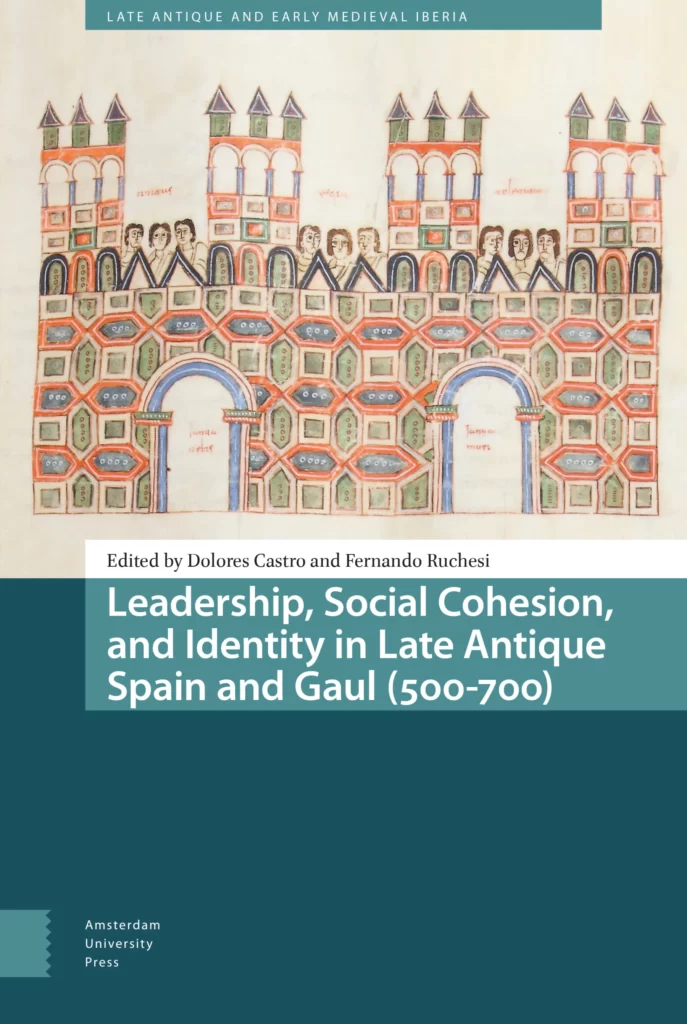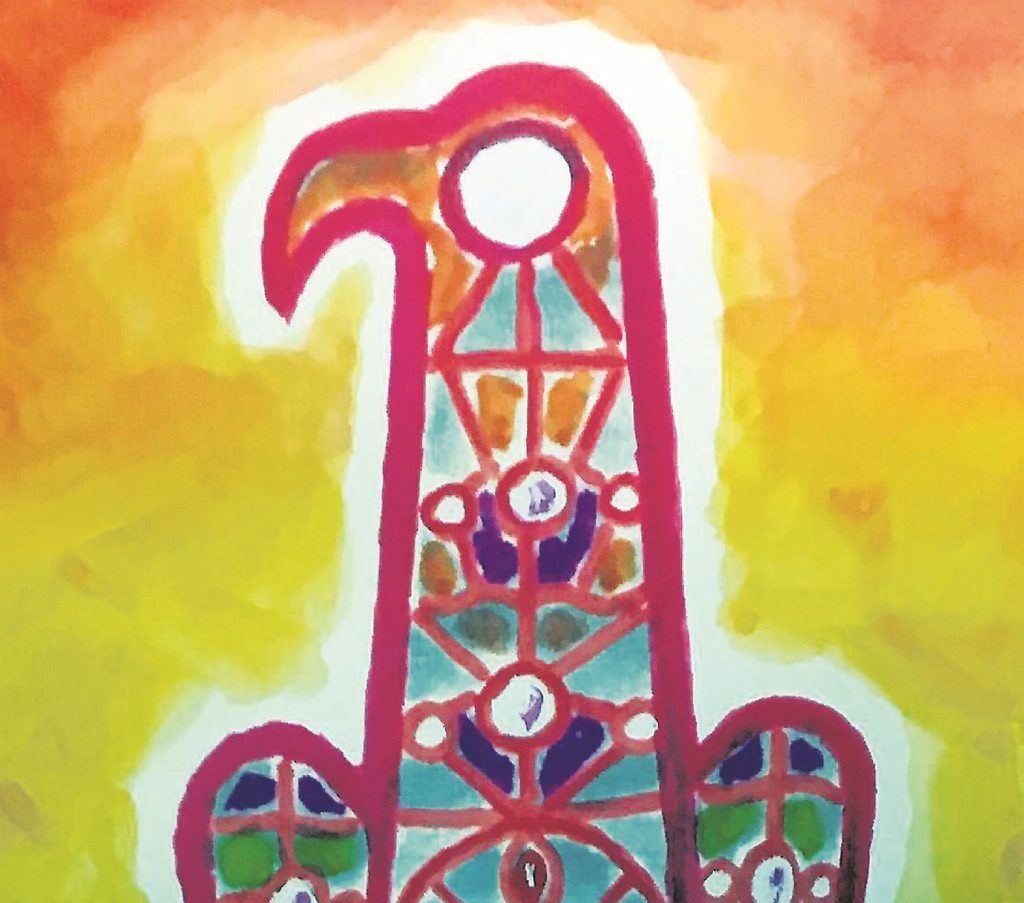Christian Stadermann contributed a chapter, called ‘Between Rome and Toulouse: The Catholic Episcopate in the regnum Tolosanum (418–507)’, to the edited volume Leadership, Social Cohesion, and Identity in Late Antique Spain and Gaul (500-700) (eds Dolores Castro and Fernando Ruchesi; Amsterdam: AUP, 2023).
Go to the book in the catalogue of Amsterdam University Press.
Go to the chapter in ScienceOpen or ResearchGate.
Keywords: Visigoths, Kingdom of Toulouse, Gallo-Roman senatorial aristocracy, Sidonius Apollinaris, late antique Gaul, Catholic episcopate.
Abstract: The Visigothic kings of the fifth and early sixth centuries adopted a tough stance towards the Catholic episcopate in Gaul. While this has been attributed to the missionary zeal of the ‘Arians’, more recent studies suggest their aim was to strengthen political cohesion: The measures imposed were meant to break resistance of powerful authorities within and to reduce influence of those beyond the borders of the Visigothic kingdom. It is assumed that the Roman Empire used the Catholic Church to exert influence on Visigothic Gaul, turning the Catholic faith into a central element of Roman identity; yet many aspects of this argument have never received an in-depth discussion. This chapter examines the relations between the Catholic episcopate in Gaul, Rome, and the Visigothic court at Toulouse.



